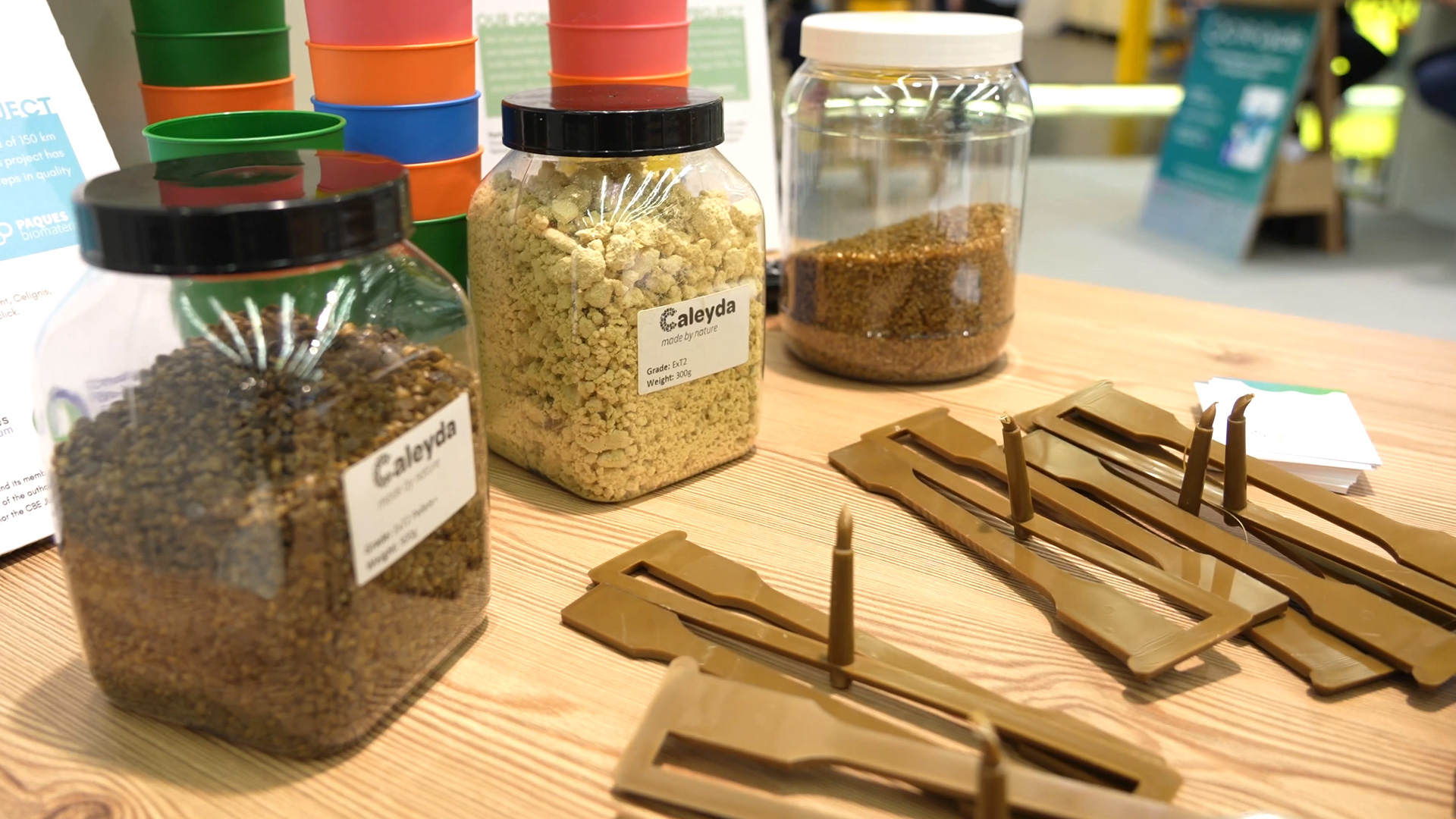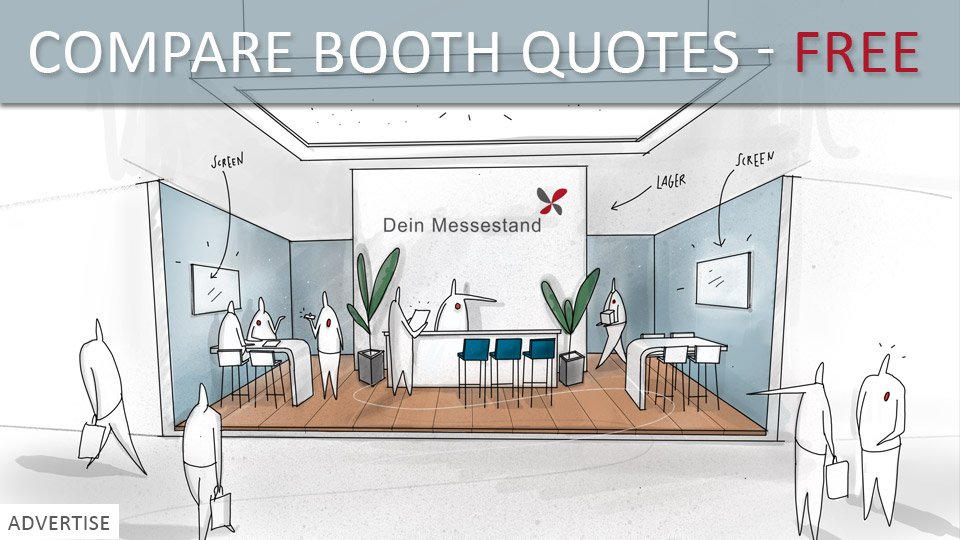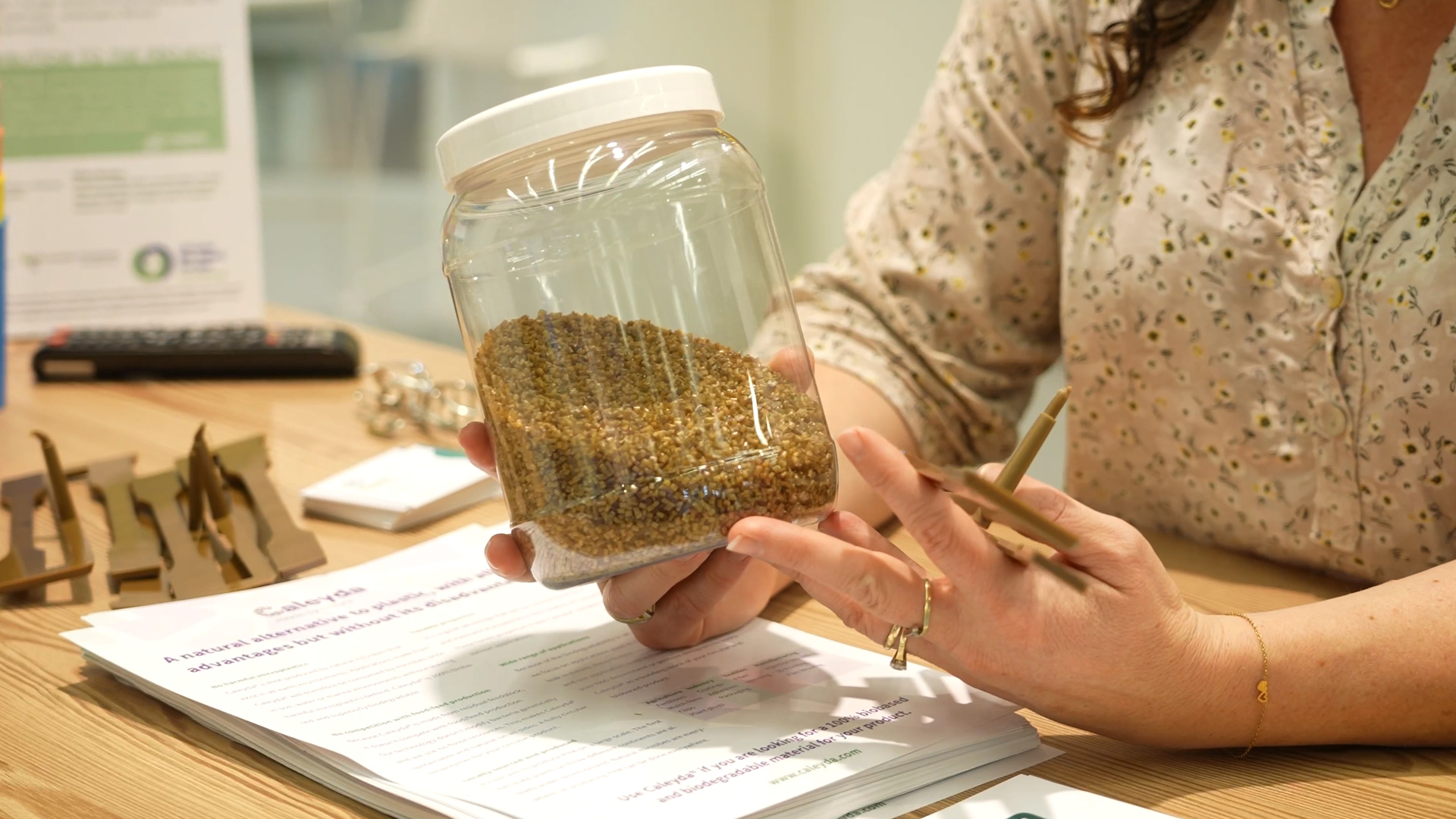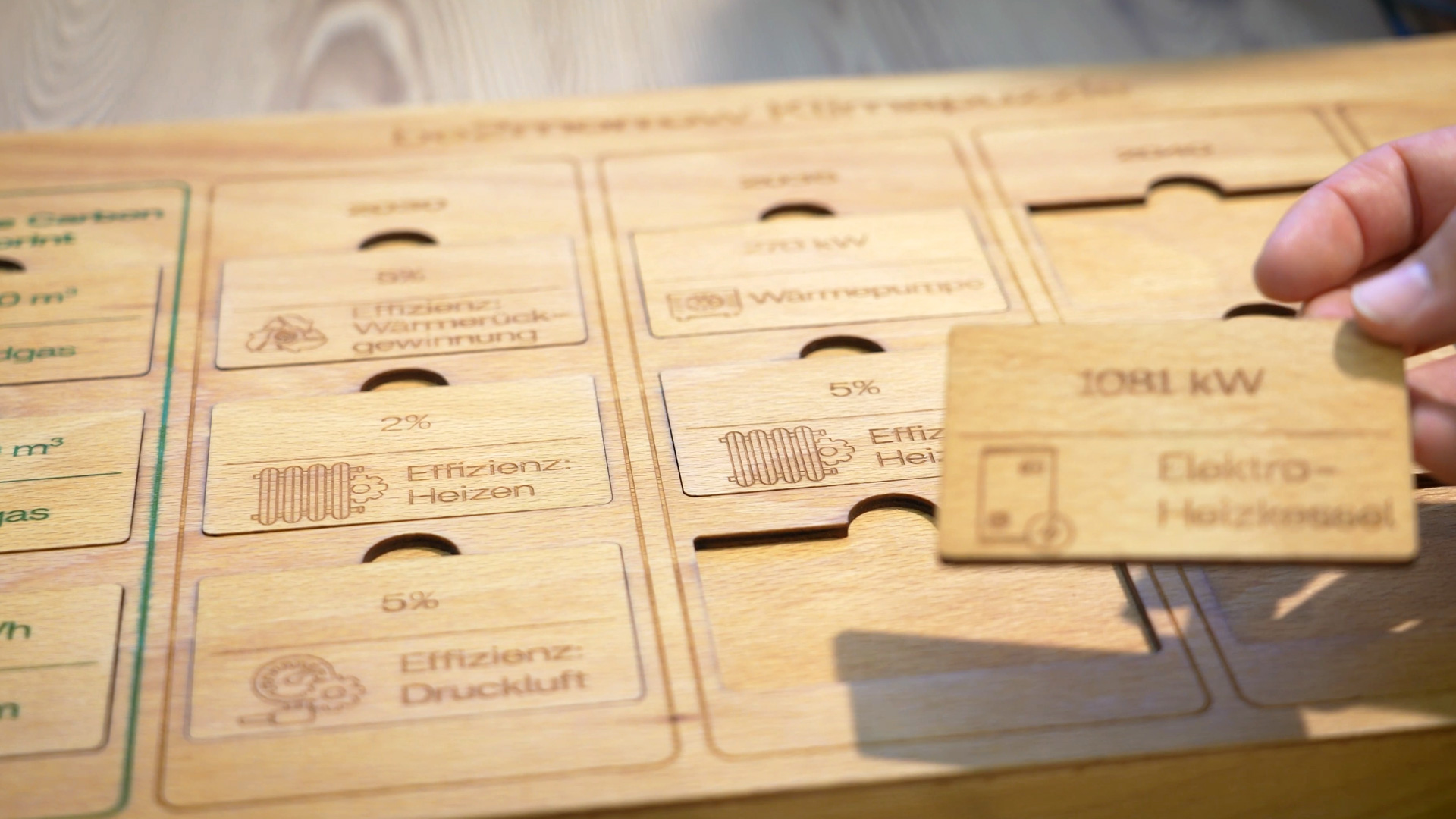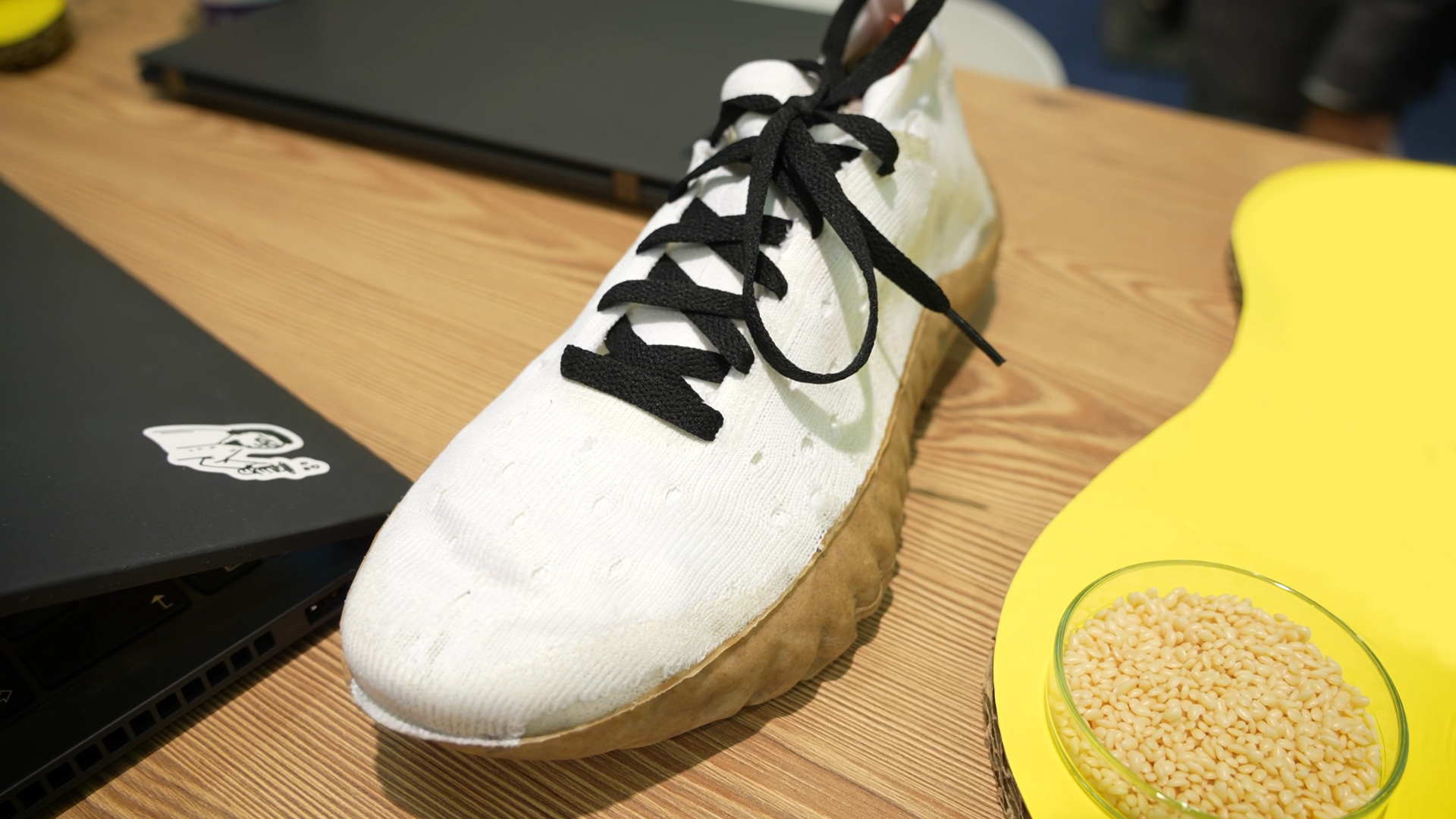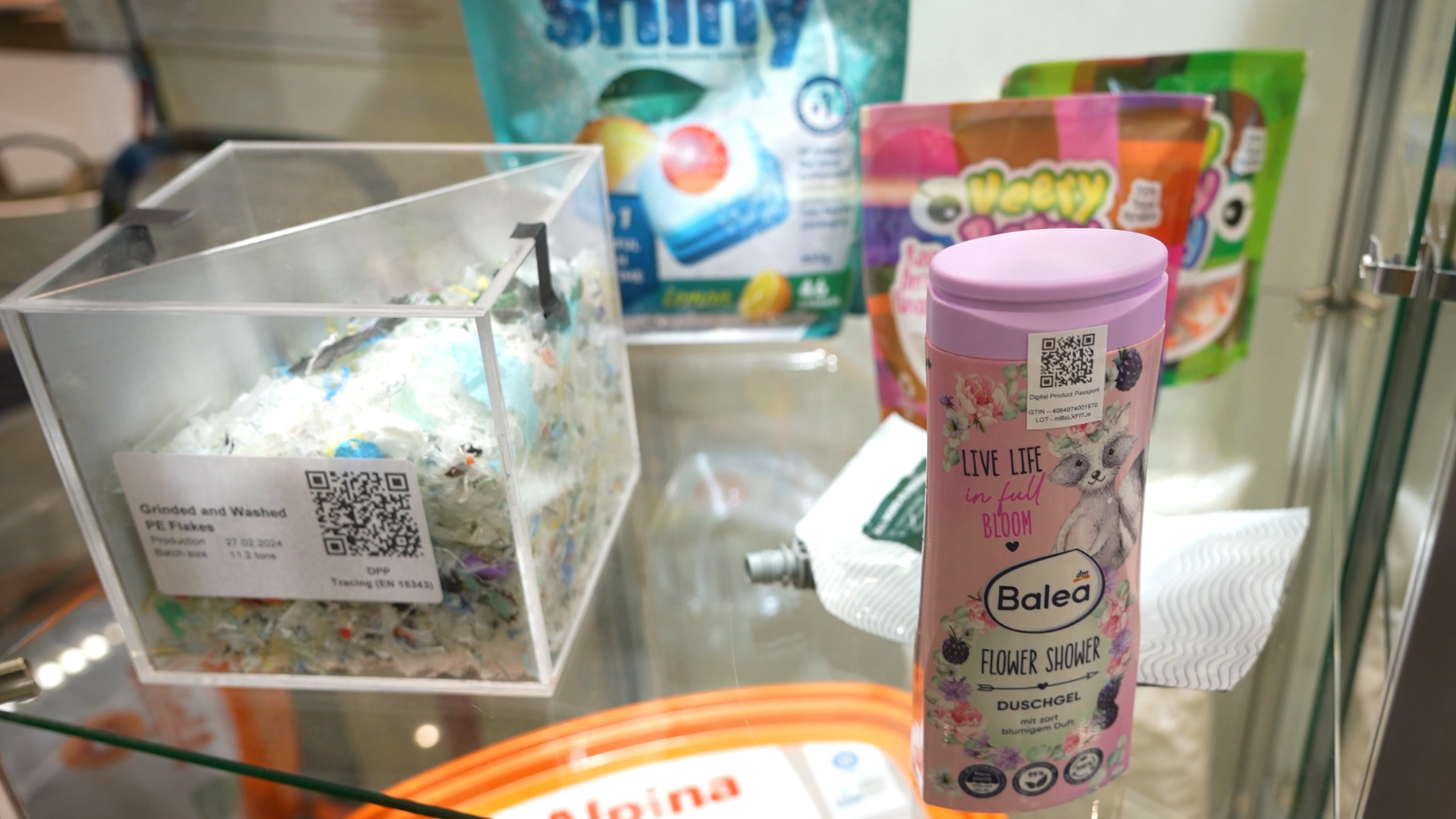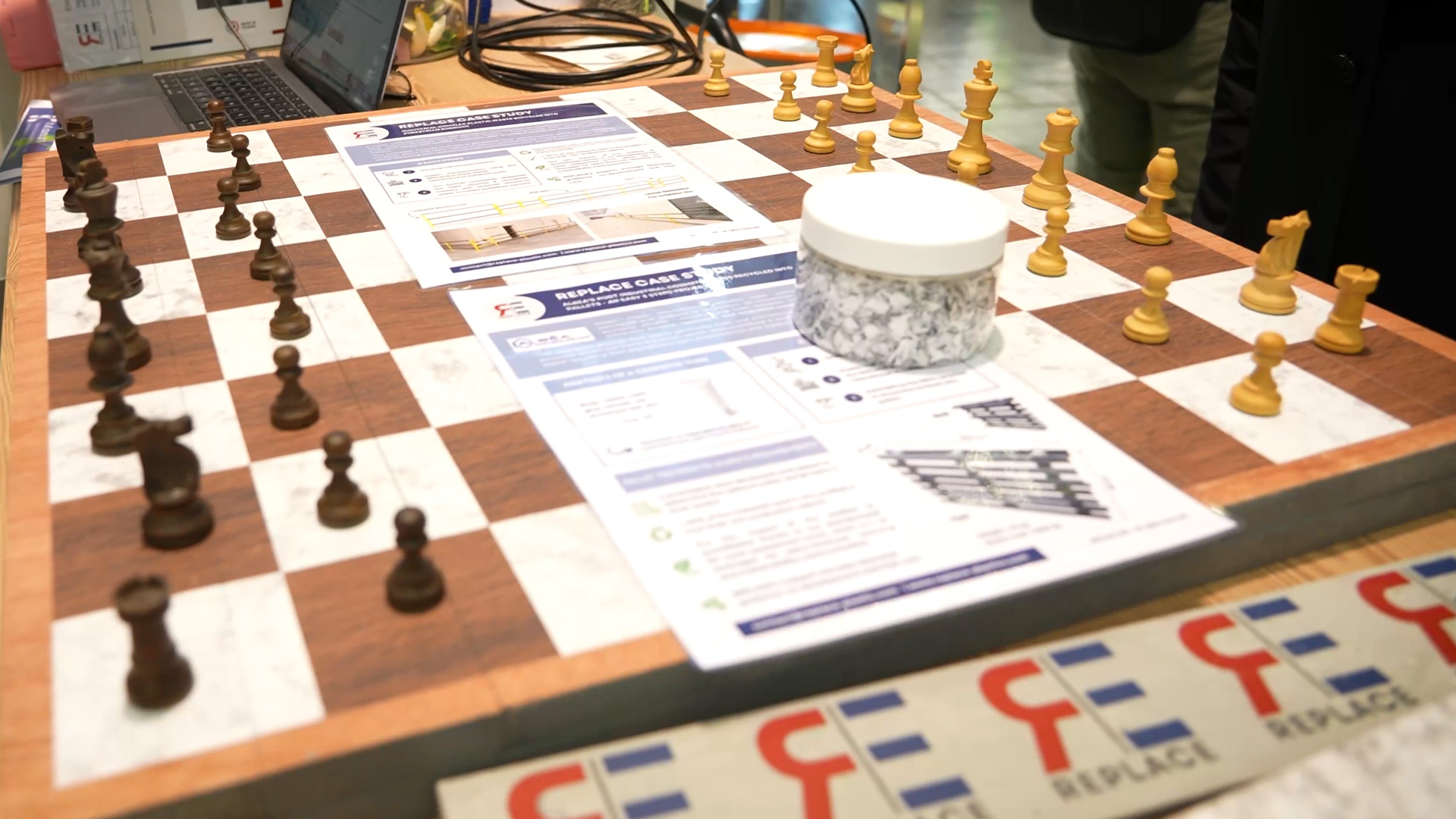Caleyda PHBV from Paques Biomaterials: Biopolymer from industrial side streams
by F. Zuber - 2025-10-13With Caleyda PHBV, Paques Biomaterials has developed a material that combines ecological innovation and industrial efficiency. The biopolymer is produced from wastewater streams from the food and paper industries – residues that were previously considered unused by-products. Through microbiological processes, bacteria convert the carbohydrates contained in the wastewater into polyhydroxybutyrate-valerate (PHBV), a fully biodegradable polyester. The approach is radically sustainable: no fossil raw materials, no agricultural land, no competition with food production. Paques Biomaterials uses existing resources, thus closing cycles that reduce environmental impact. Caleyda PHBV is therefore not just a new material, but part of a system that converts industrial waste into valuable materials – an example of circular economy in action.
Plastic production without petroleum and without land consumption
The manufacturing process for Caleyda PHBV is based on natural fermentation. Microorganisms “feed” on sugar, starch, and other carbohydrates from industrial wastewater, forming polymers in the process. After fermentation, these biopolymers are processed and turned into granules. What makes this special is that the material properties can be precisely controlled. By varying the ratio of hydroxybutyrate (HB) to hydroxyvalerate (HV), Paques Biomaterials can specifically adjust the strength, flexibility, and melting temperature. This results in bioplastics that can be adapted to the needs of industry – whether tough, elastic, or particularly temperature-resistant. Caleyda PHBV remains dimensionally stable under normal storage conditions, but degrades completely in biologically active environments. The material thus combines technical reliability with ecological responsibility – an advantage that many bioplastics have not been able to offer until now.
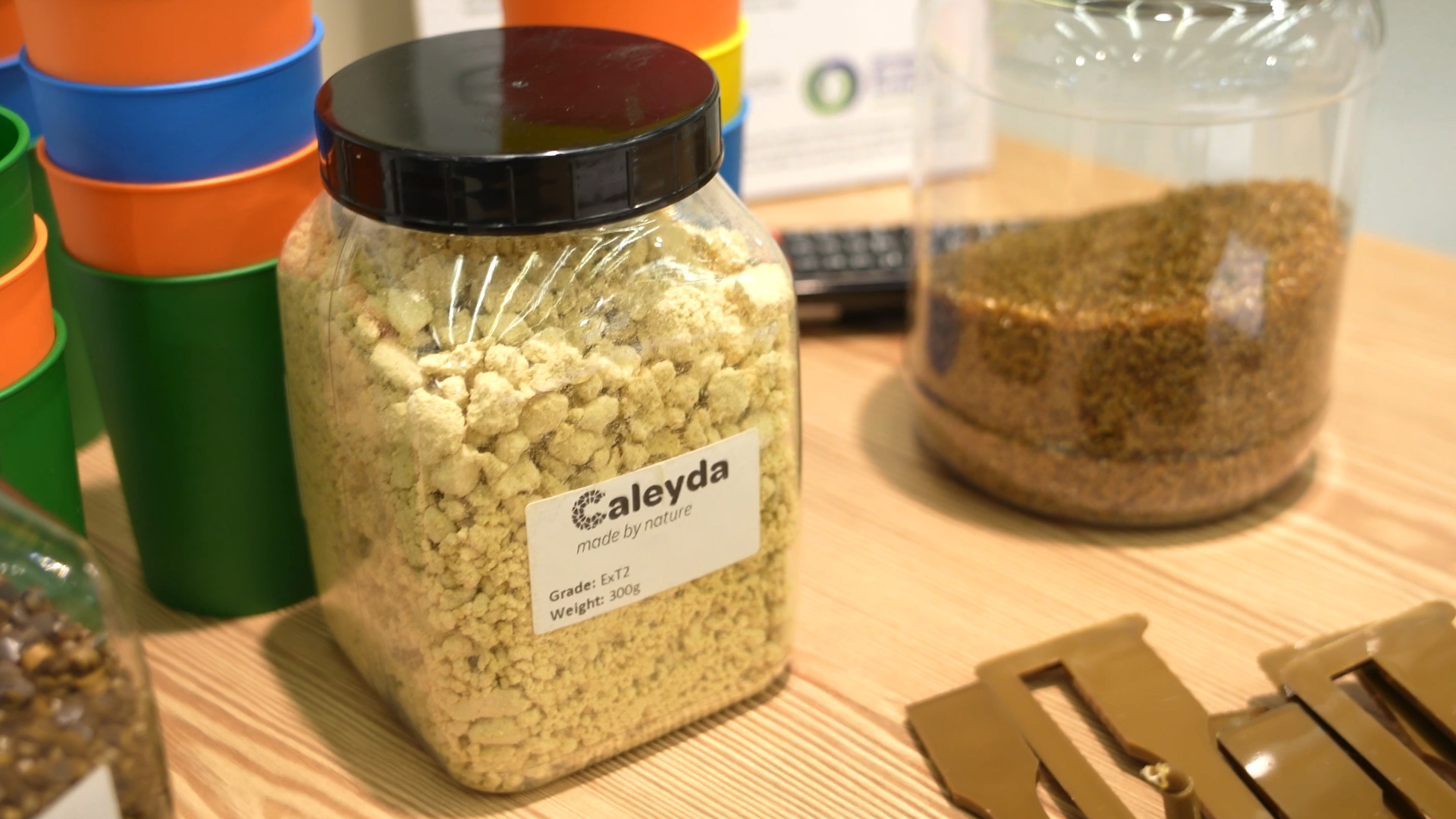
Paques Biomaterials develops applications for packaging, films, and technology
Paques Biomaterials supplies Caleyda PHBV as compound granulate that can be processed in existing production facilities without the need for conversion. It can be used in processes such as injection molding, blow molding, film extrusion, or fiber production. The material is suitable for packaging, coatings, consumer goods, or technical components. For short-lived applications, such as disposable packaging, the degradation rate can be increased, while long-lasting products can be specifically stabilized. This flexibility opens up new opportunities for companies that want to make their production more sustainable without sacrificing proven processes. With variants for special applications, such as in fiber technology or in the coating sector, Caleyda PHBV covers a broad spectrum. It is therefore not only a substitute for petroleum-based plastics, but also an independent material with industrial relevance.
Circular economy and microplastic avoidance with Caleyda
Paques Biomaterials has a clear goal with Caleyda PHBV: to close industrial material flows and prevent the formation of microplastics. Under the influence of microorganisms, the material decomposes completely into water and carbon dioxide—without residues or pollutants. In compost, soil, or the marine environment, decomposition is controlled and complete.
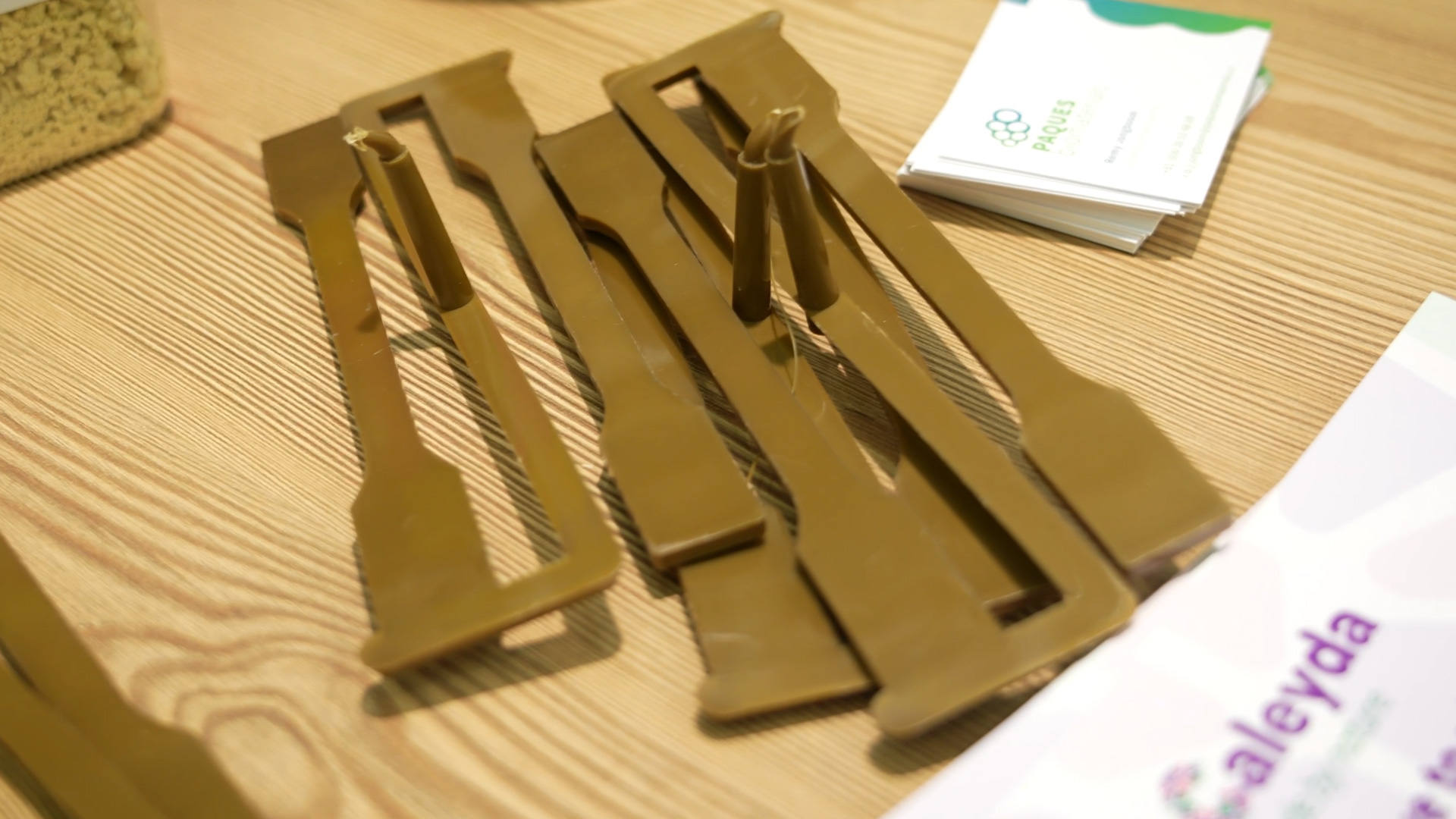
By turning wastewater into a resource, the environmental impact is reduced twice over. Fewer waste streams need to be treated, and fossil raw materials are replaced. Caleyda PHBV thus demonstrates how environmental technology and materials science can work together to create sustainable alternatives to single-use plastic production.
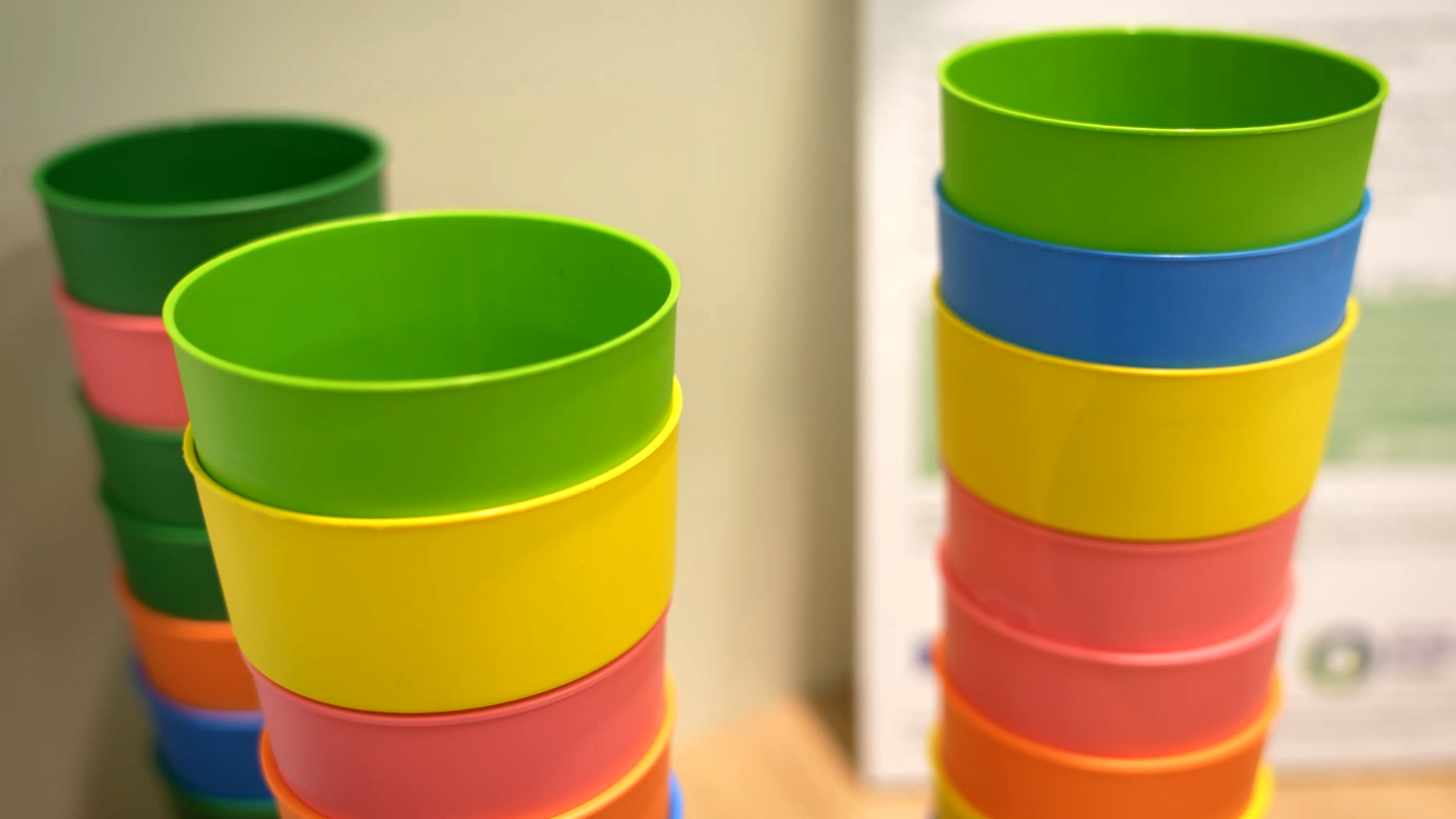
Bio-based innovation with Caleyda PHBV
Caleyda PHBV from Paques Biomaterials represents a paradigm shift in plastics production. The material proves that sustainability, quality, and industrial efficiency are not mutually exclusive. The bio-based polyester is made from wastewater, can be precisely customized, and ultimately decomposes completely—a closed loop from source to return to nature. With this approach, Paques Biomaterials shows that the circular economy is not just a vision, but can become a reality. Caleyda PHBV is a material that combines environmental protection and industrial use – a realistic path to a resource-efficient future.
